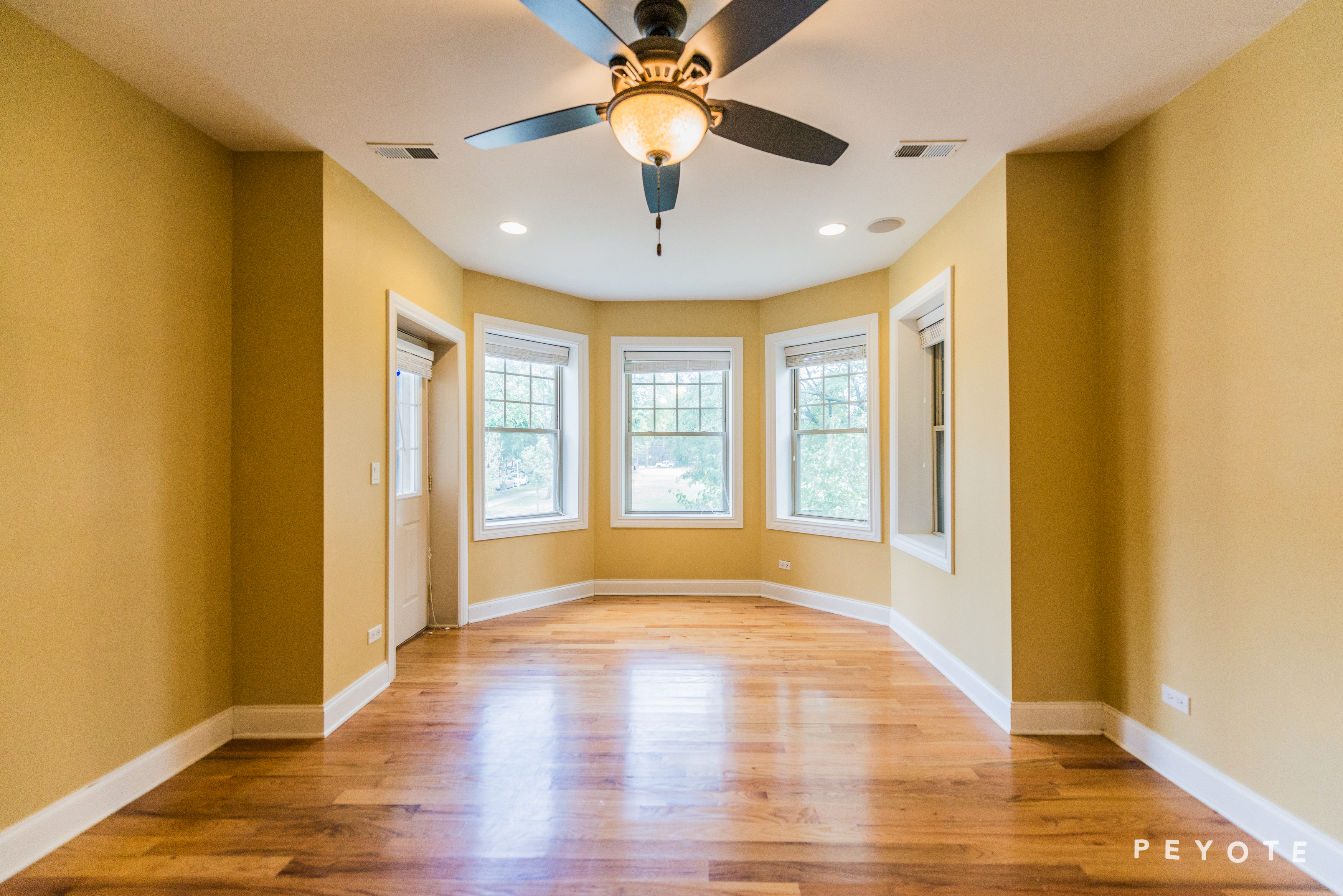After-effects of the Pandemic on Chicago’s Rental Real Estate Industry
It should be a surprise to nobody that this pandemic has caused a ginormous shift in almost every industry known to the modern business world. While the world stood still early last year, many industries took a detrimental hit financially. Real estate was not spared, and now, as things slowly but surely begin to gleam a light of hope to the return of normalcy, rental trends are once again pointing upwards.
As more and more people get the vaccine and leave remote working behind, the return to the office is beginning to reinvigorate big cities like Chicago. Bars, restaurants, beauty salons and gyms are all open, albeit with mask-mandates, capacity limitations and increased cleaning processes. Commercial space that has laid vacant for months is starting to become occupied once again.

Leases are being snapped up quickly as downtown apartment units are once again becoming more expensive to rent thanks to the ending of a stretch during the pandemic when tenants enjoyed flat or falling rental prices and widespread landlord concessions such as first month free, no move-in fees or included utilities.
Higher rents could contribute to an anticipated rise in inflation, accrued by multiple federal stimulus checks, low borrowing interest rates and pent-up demand after months when the pandemic damped consumer spending. Rent typically accounts for about one-third of the consumer-price index, which economists expect to increase in the months ahead. Renters can therefore expect to see a noticeable rise in their outcome, and are being encouraged to plan accordingly.



